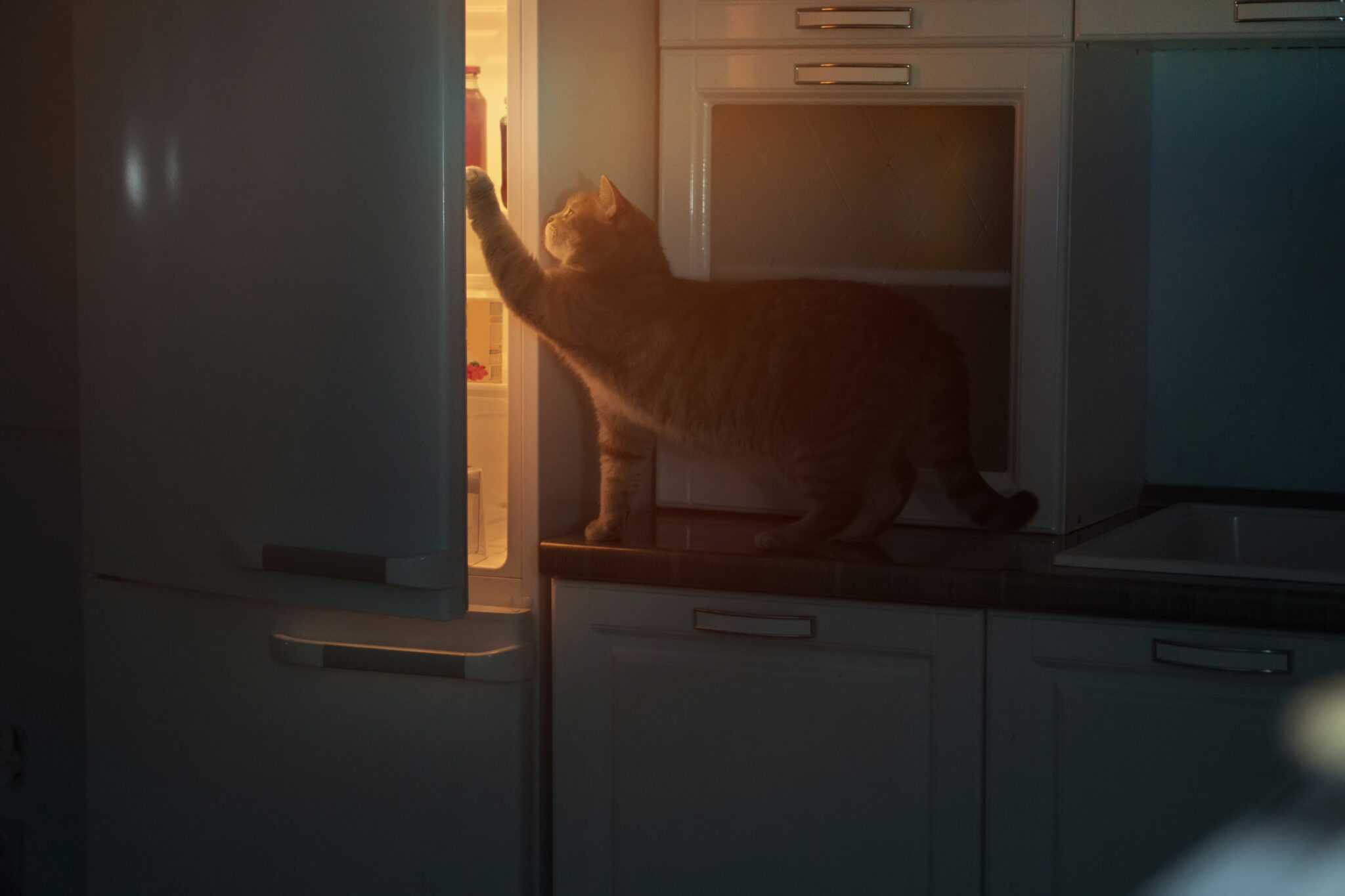Are Cats Truly Nocturnal?

Cat owners tend to be very curious about their pet’s behavior. Have you ever wondered why your cat seems more active at night or during the early morning hours? We generally owe this to cats being nocturnal, but it goes deeper than that. In this article, we’ll explore the intriguing world of feline activity patterns, but if you want more information or to schedule an appointment, feel free to reach out to us at Bulverde Animal Hospital in Bulverde, TX, at (830) 438-7200!
Understanding Your Cat’s Natural Activity Rhythms
Cats are fascinating creatures, often misunderstood for their unique behavior patterns. Unlike humans, who are active during the day, cats have different activity rhythms. But are cats completely nocturnal? This is a question many cat owners ask.
Nocturnal animals are active during the night and sleep during the day. While it’s commonly believed that cats fit this description, the truth is a bit more complex. Cats are actually ‘crepuscular,’ meaning they are most active during the dawn and dusk hours. This behavior stems from their natural hunting instincts. In the wild, these times are ideal for hunting, as their prey, like small rodents and birds, are also active.
Understanding this aspect of your cat’s behavior can help you create a more harmonious living environment. Adjusting playtime to align with these natural rhythms can lead to a happier and more content cat.
The Science Behind Cats’ Nighttime Activity
So, what drives cats to be active at these times? It’s all down to their biology and ancestry. Cats have evolved as predators. Their senses are finely tuned to detect movement and sounds in low-light conditions. This is why your house cat might seem more playful and energetic as the sun sets.
A cat’s eyes, particularly, are adapted for nighttime activity. Cats have a high number of rod cells in their retinas, which are more sensitive to low light than cone cells, the cells responsible for color vision and detail. This makes cats excellent at navigating and hunting in dim conditions.
How Does Your Cat’s Diet Influence Their Activity?
Diet can also play a role in your cat’s activity levels. Cats are obligate carnivores, meaning their diet must be rich in meat. This type of diet provides the energy needed for their bursts of activity during dawn and dusk. High-quality cat food, tailored to your cat’s age, health, and lifestyle, can support their natural activity patterns.
If you’re unsure about the best diet for your cat, or if you’ve noticed changes in their activity levels, it’s a good idea to discuss this with a vet. At Bulverde Animal Hospital, we’re here to help you understand and cater to your cat’s nutritional needs.
Creating a Stimulating Environment for Your Cat
While cats are naturally inclined to be active during certain times, they also need a stimulating environment to keep them engaged. Indoor cats, in particular, can benefit from an environment that mimics the outdoors.
Toys that encourage hunting behavior, like feather wands or mice toys, can provide mental and physical stimulation. Scratching posts and climbing trees also offer opportunities for exercise and play. Remember, a stimulated cat is a happy cat, and providing these outlets for their energy can reduce nighttime restlessness.
The Importance of Routine and Playtime
Establishing a routine can also help regulate your cat’s activity patterns. Consistent feeding times, play sessions, and even quiet time can create a sense of security and predictability for your cat. This can help them adjust their activity levels to better match your household’s schedule.
Engaging in regular playtime during the early morning or evening hours can also satisfy your cat’s instincts and help tire them out, leading to more restful nights.
The Role of Age in Feline Activity Patterns
Age plays a significant role in a cat’s activity levels. Kittens and young cats are naturally more energetic and may have more pronounced crepuscular behaviors. As cats age, they tend to slow down and may become more sedentary.
If you notice a significant change in your cat’s activity levels, it’s important to consult with your veterinarian. Changes in behavior can sometimes indicate health issues. Regular checkups at Bulverde Animal Hospital can help to ensure your cat stays healthy and active at every stage of their life.
Creating a comfortable and engaging environment for your cat, understanding their natural behaviors, and maintaining regular vet visits are key to a happy, healthy pet. If you have any concerns or questions about your cat’s activity patterns, or if you want to learn more about how to support their natural behaviors, call us at Bulverde Animal Hospital at (830) 438-7200!
Recent Posts
About Us
At Bulverde Animal Hospital, our ultimate goals are excellent service to clients, personal growth, and the professional development of our staff. We are a small clinic creating a significant impact on pets' lives.
